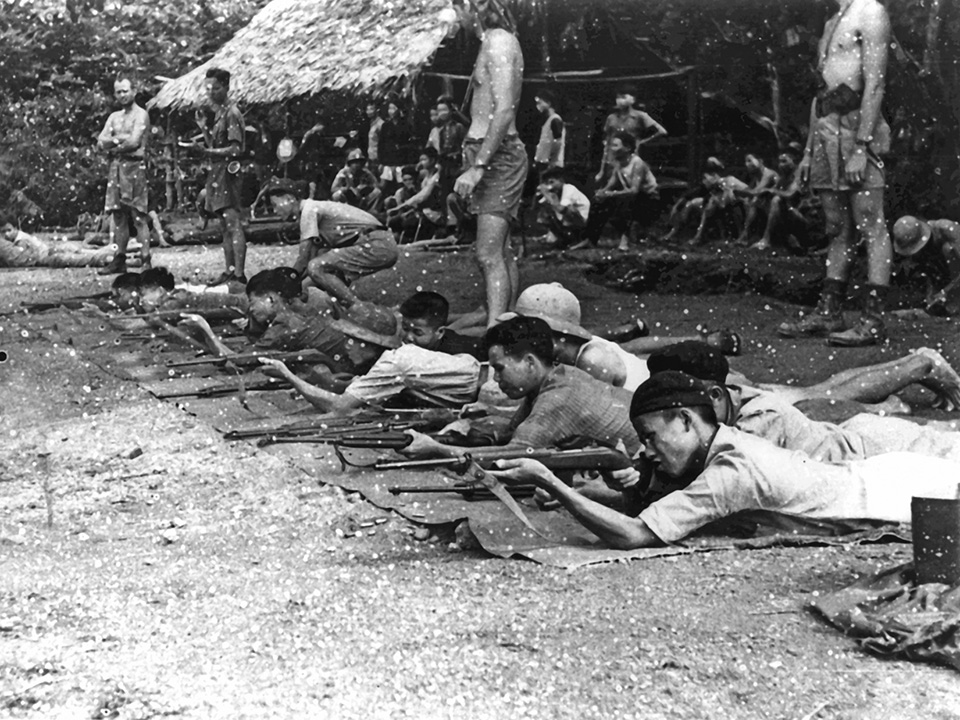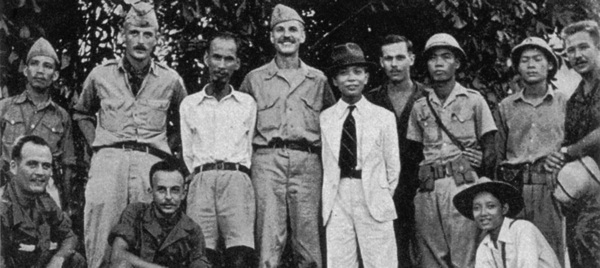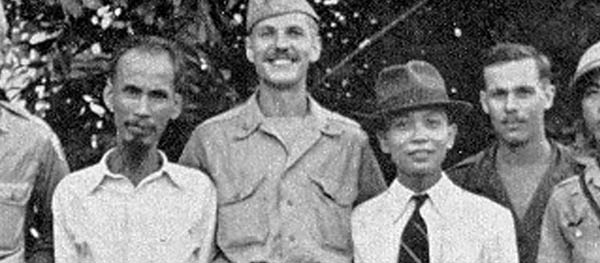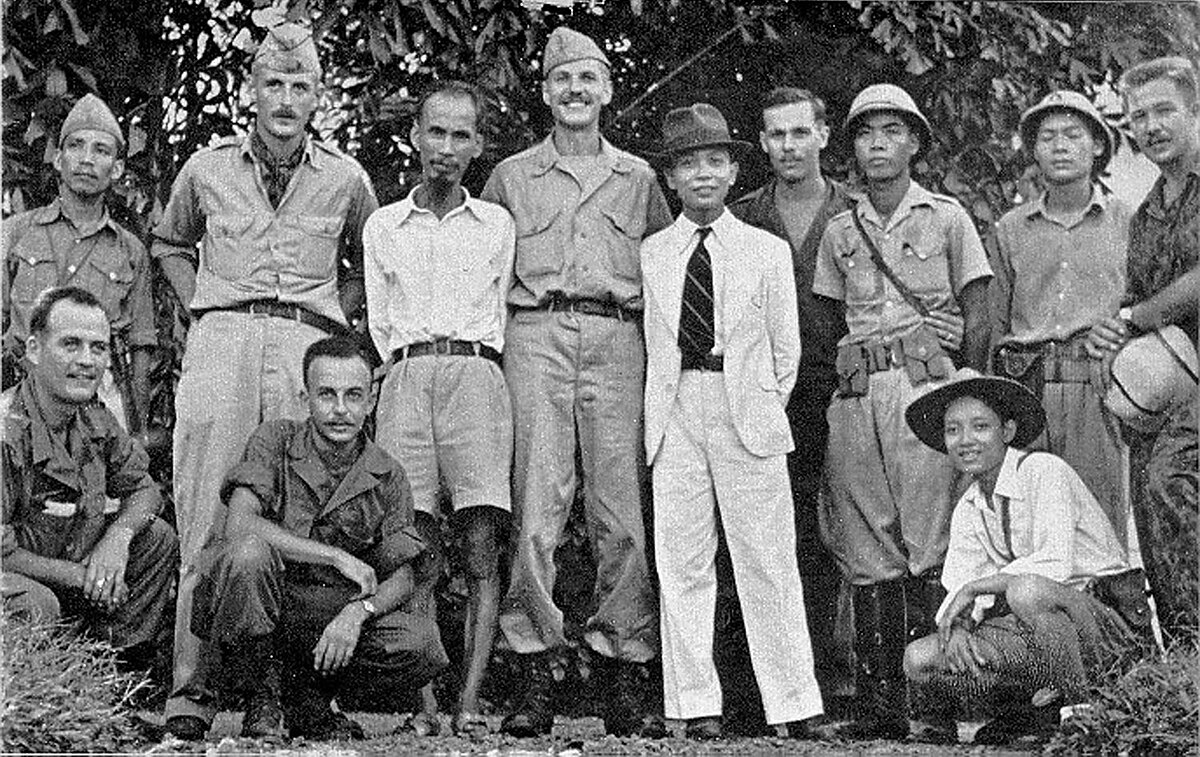Admiral Beez
Major
"At the Yalta Conference in February 1945, Stalin agreed to Allied pleas to enter World War II in the Pacific Theater within three months of the end of the war in Europe.". https://en.wikipedia.org/wiki/Soviet–Japanese_War#Summary
But what if instead, at both Tehran in 1943 and at Yalta in 1945 the Wallies tell Stalin to remain neutral against Japan? What happens to Korea and FIC postwar?
But what if instead, at both Tehran in 1943 and at Yalta in 1945 the Wallies tell Stalin to remain neutral against Japan? What happens to Korea and FIC postwar?




